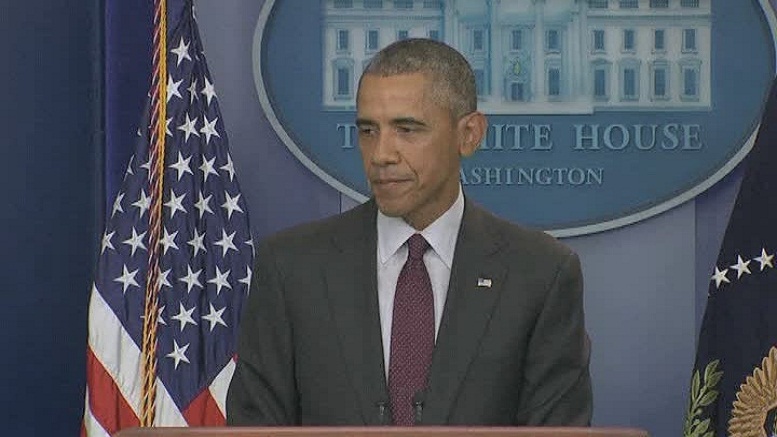President Obama Opens the First New Marine Sanctuaries in 15 Years
As the crowd watched from the Our Ocean conference in Valparaiso, Chile, this morning, President Obama announced over video what could become the first new marine sanctuaries in US waters since 2000: one in the tidal waters of Maryland and another in Lake Michigan.
The area contains at least 39 shipwrecks, 15 of which are listed on the National Register of Historic Places.
Monday’s conference in Valparaiso brings together nations to help combat ocean pollution caused by discarded plastics and the increasing levels of ocean acidification, which has damaged coral reefs and shellfish populations.
These plans come on the heels of other recent action by the Obama administration to expand protection for marine areas in the United States.
The Mallows Bay-Potomac River in Maryland includes a 14-square mile range of the tidal Potomac River alongside Charles County. The area has been the site of a number of recorded shipwrecks, and is known for both its environmental and archeological value. And he also expanded the Pacific Remote Islands Marine National Monument, which was originally established in 2009. Mallows Bay is largely undeveloped and has been identified as one of the most ecologically valuable in Maryland providing important habitat for fish and wildlife, including rare, threatened, and endangered species.
In a separate announcement, Chilean President Michelle Bachelet announced the creation of the Nazca-Desventuradas marine park, which will cover a surface area of more than 297,000 square kilometers, or more than 114,000 square miles, in the area surrounding the San Ambrosio and San Felix islands.
Part of the United States plan, dubbed Sea Scout, will seek to unite governments around the world in the fight to identify illegal fishing vessels and fleets and bar them from landing catches.
The National Oceanic and Atmospheric Administration will announce steps as well to provide data and technical assistance to target illegal fishing, including a space-based monitoring sensor that will be implemented next year in Indonesia, the Philippines and three other countries.
The so called “traceability” initiative is created to begin for the most frequently exported fish species like tuna, cod, shrimp and crabmeat in September 2016. Anyone who would like to export fish to America will have to conform to the states. The program still needs final approval from the Senate and several additional countries before entering into force.
Meanwhile, Washington will make its own fishing industry and importers serving its huge market — Americans eat 4.6 billion pounds of seafood per year — track products from their origin.








